The United States has called for all member states of the United Nations (U.N.) to support Taiwan’s “robust, meaningful participation” in the system, saying the world has much to learn from the self-ruled island’s “democratic success story.”
“As the international community faces an unprecedented number of complex and global issues, it is critical for all stakeholders to help address these problems. This includes the 24 million people who live in Taiwan,” said Secretary of State Antony Blinken in an Oct. 26 statement marking the 50th year since Taiwan was voted out of the U.N. to give way to the Chinese communist regime.
Since Taiwan’s ousting from the global body in 1972, the Chinese Communist Party (CCP), which views the island as part of its territory and claims it has the sole right to represent Taiwan on the world stage, has worked vigorously to bar Taipei’s participation in international fora.
Blinken said Taiwan’s participation in the U.N. is “not a political issue, but a pragmatic one.”
“The fact that Taiwan participated robustly in certain UN specialized agencies for the vast majority of the past 50 years is evidence of the value the international community places in Taiwan’s contributions,” he said.
Taiwan’s exclusion from U.N. activities “undermines the important work of the UN and its related bodies,” he said. “Although we have much to learn from Taiwan’s world-class response to the COVID-19 pandemic, Taiwan was not at the World Health Assembly.”
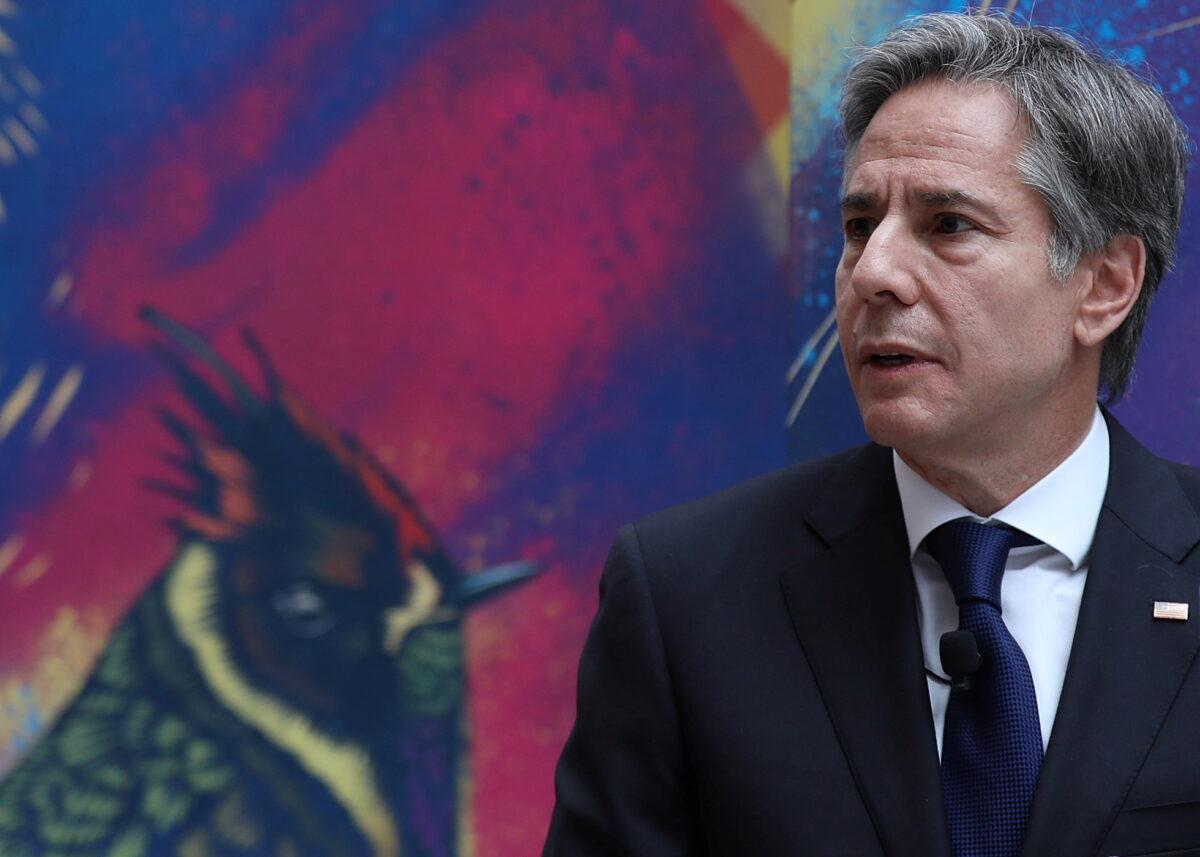
“Taiwan’s scientists, technical experts, business persons, artists, educators, students, human rights advocates, and others are blocked from entry and participating” in U.N. activities that civil society members around the world engage in everyday, “simply because of the passports they hold,” he added.
Taiwan broke from the mainland in the late 1940s as the Chinese Communist Party took hold of China.
Taipei continued to hold a seat at the U.N. until 1971, when a U.N. resolution voted out Taiwan from the U.N. affiliated bodies in favor of Beijing.
As a result of Beijing’s campaign to isolate the island, Taiwan has not been invited to the annual World Health Assembly, the World Health Organization’s decision-making body, since 2017.
Despite not maintaining diplomatic ties with the island, the United States has a robust relationship with Taiwan and is its largest supplier of arms.
“This administration believes Taiwan, as a leading democracy, has a lot to offer to the world on these key challenges, including within international fora,” State Department spokesperson Ned Price said on Oct. 25.
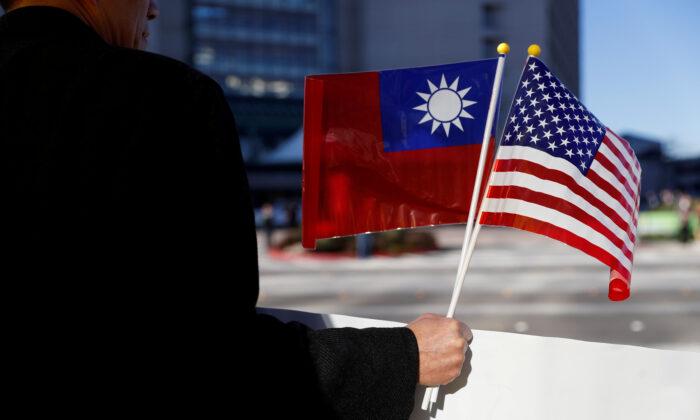

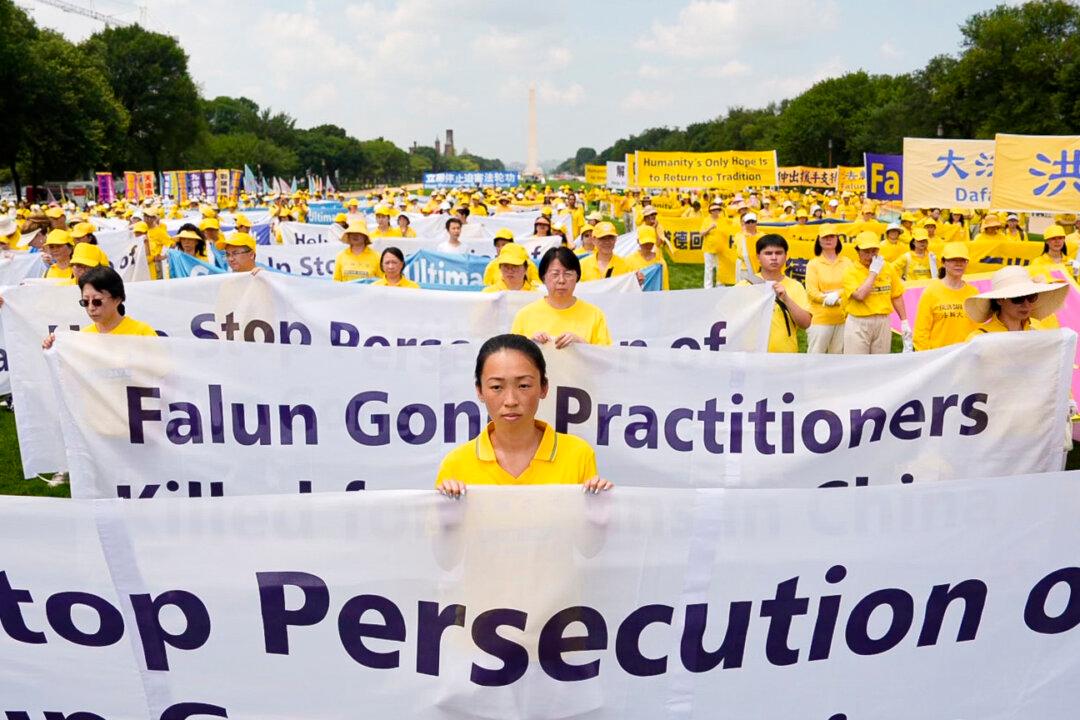
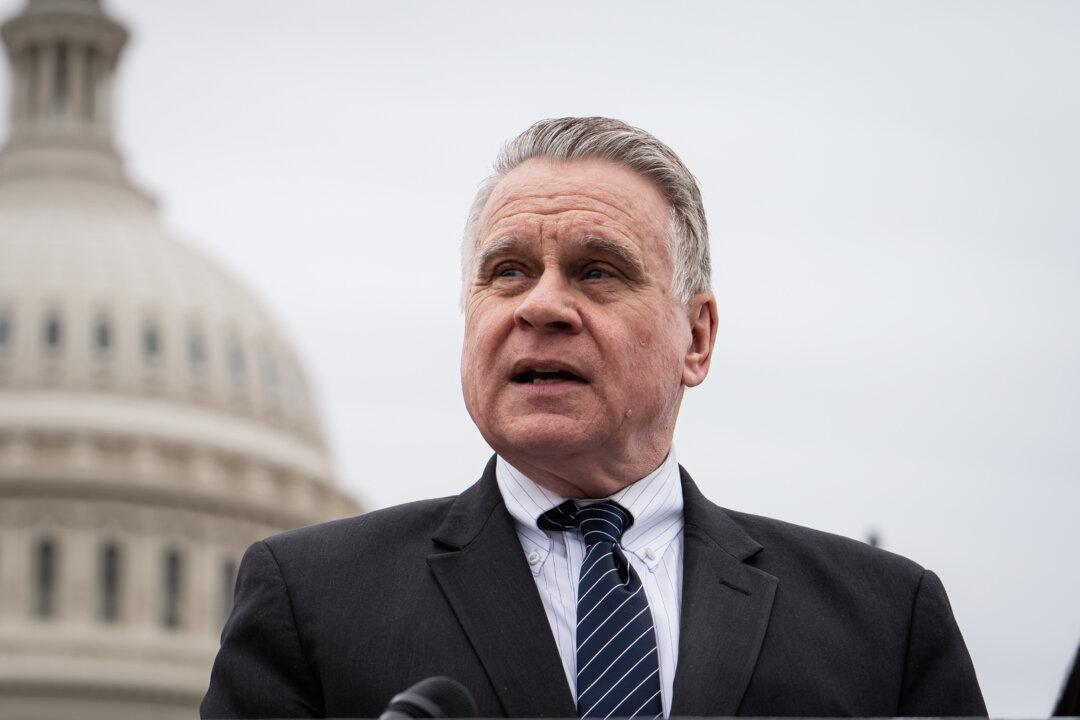
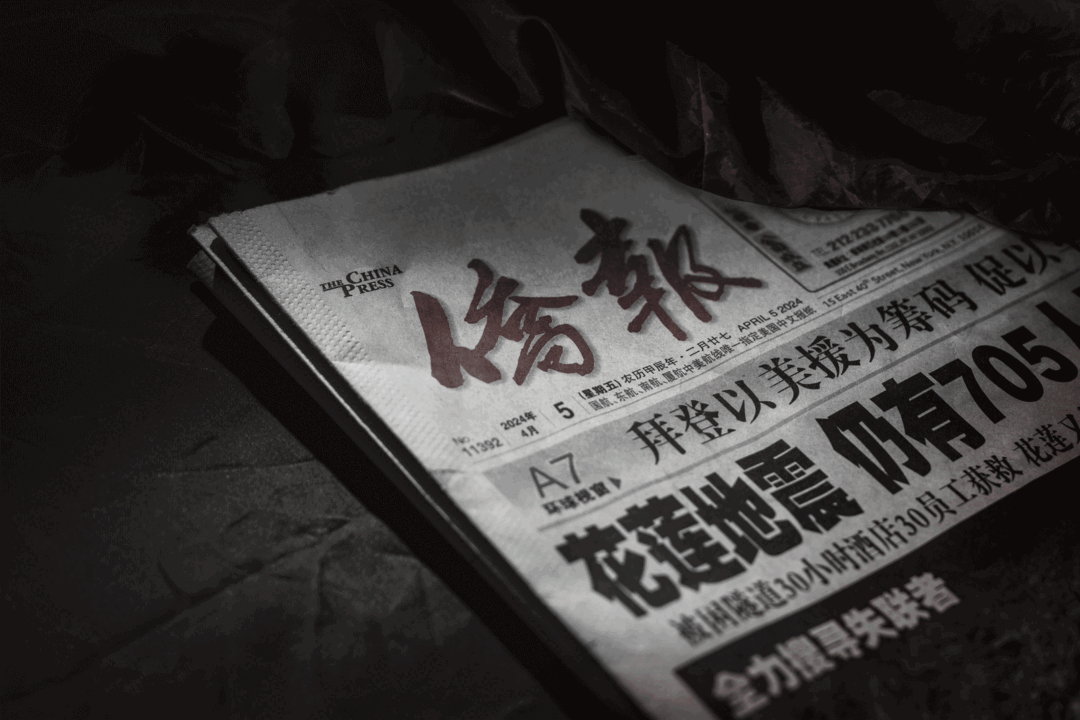
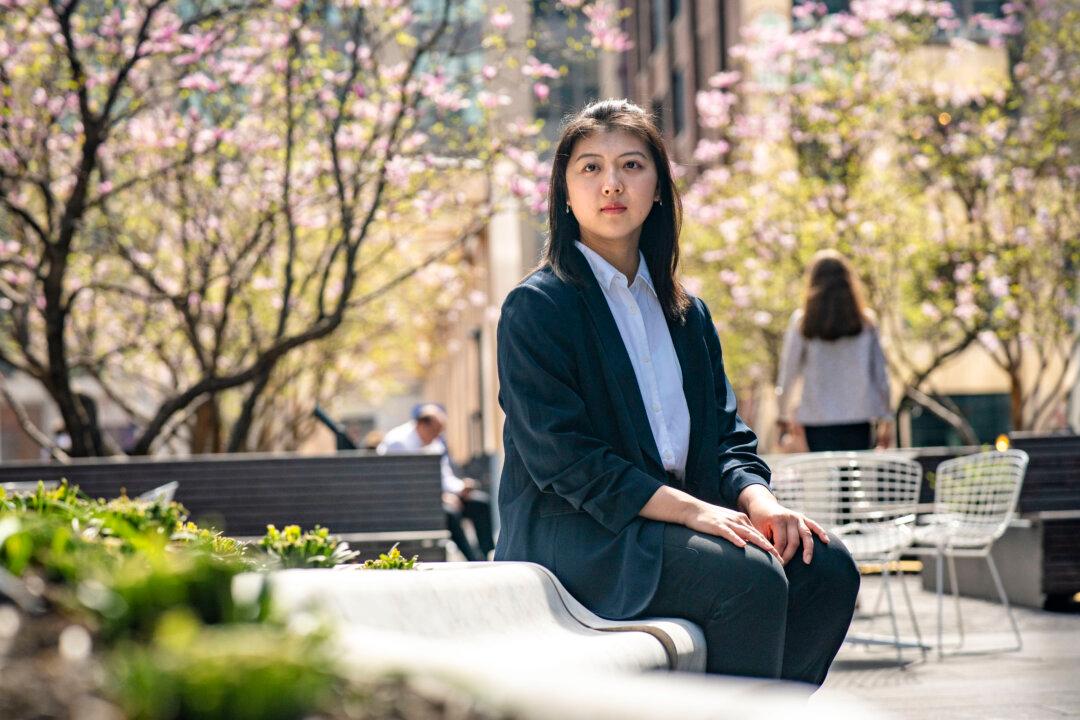
Friends Read Free